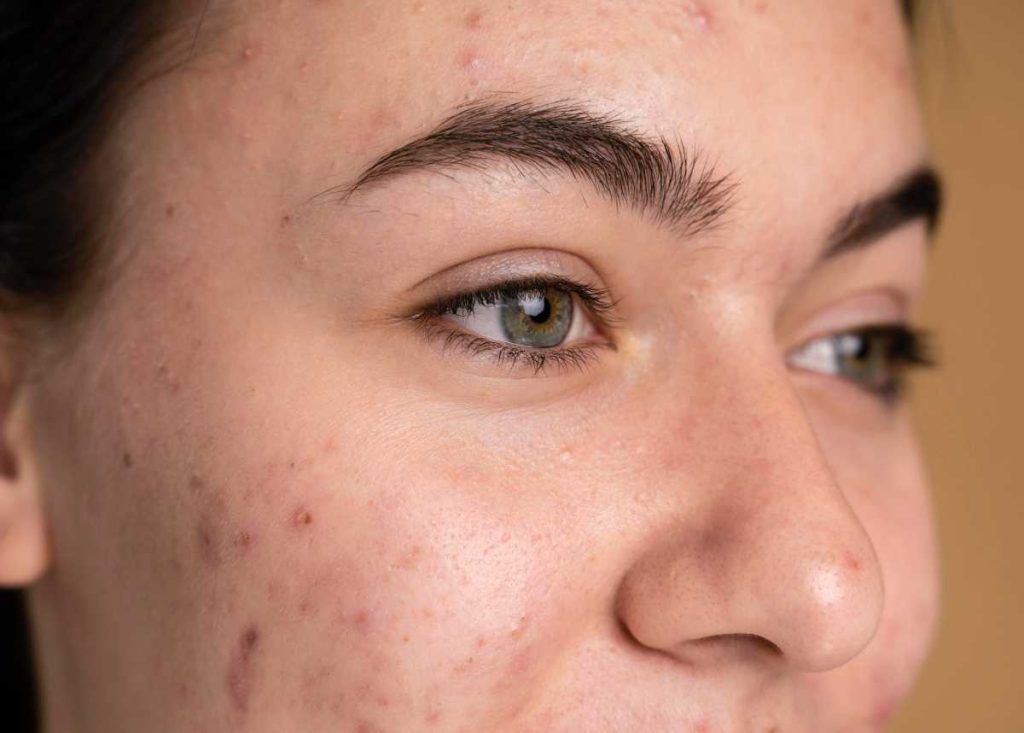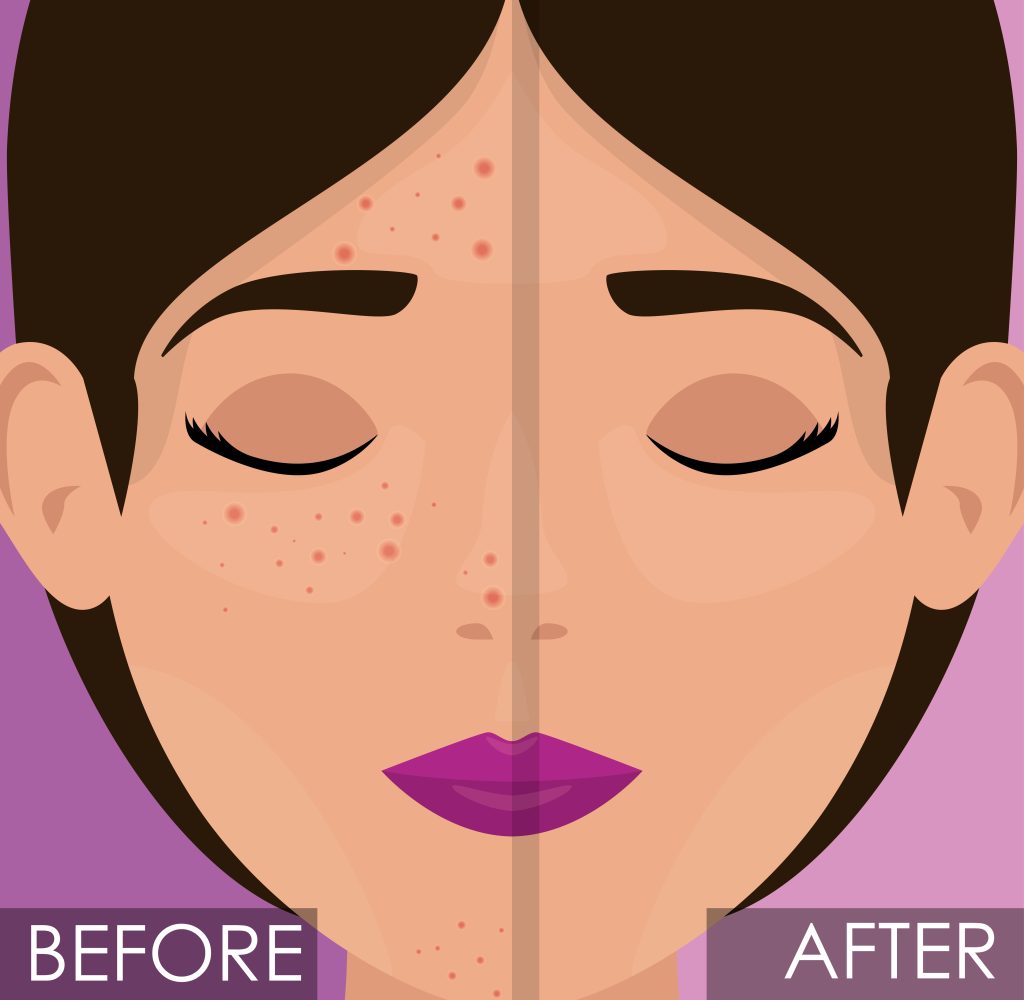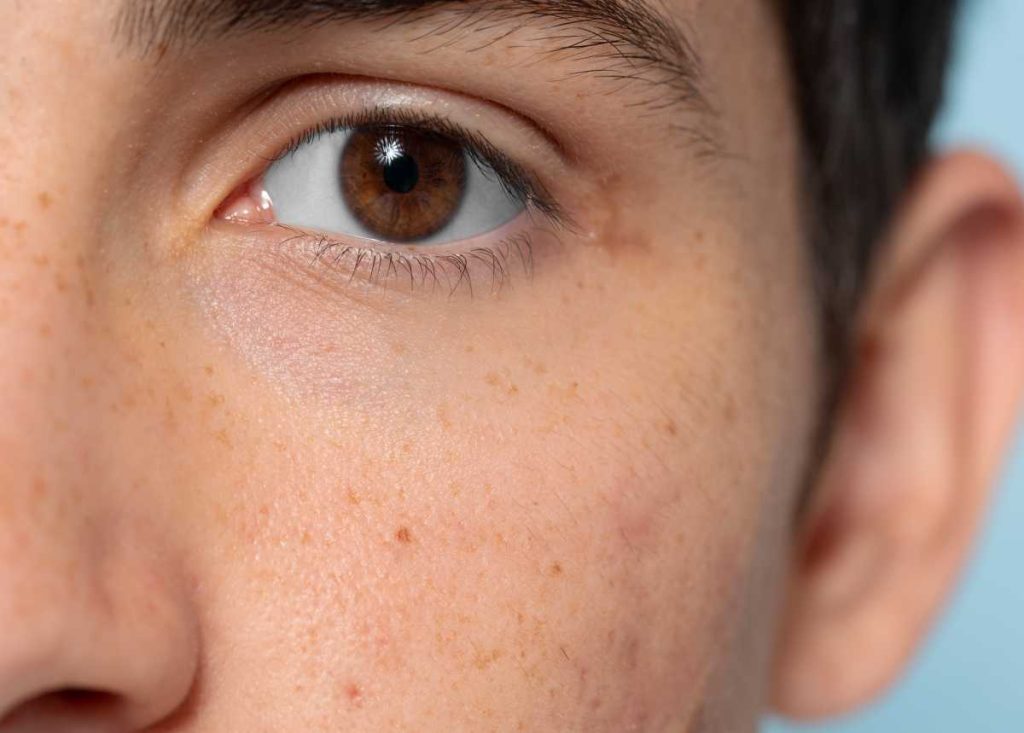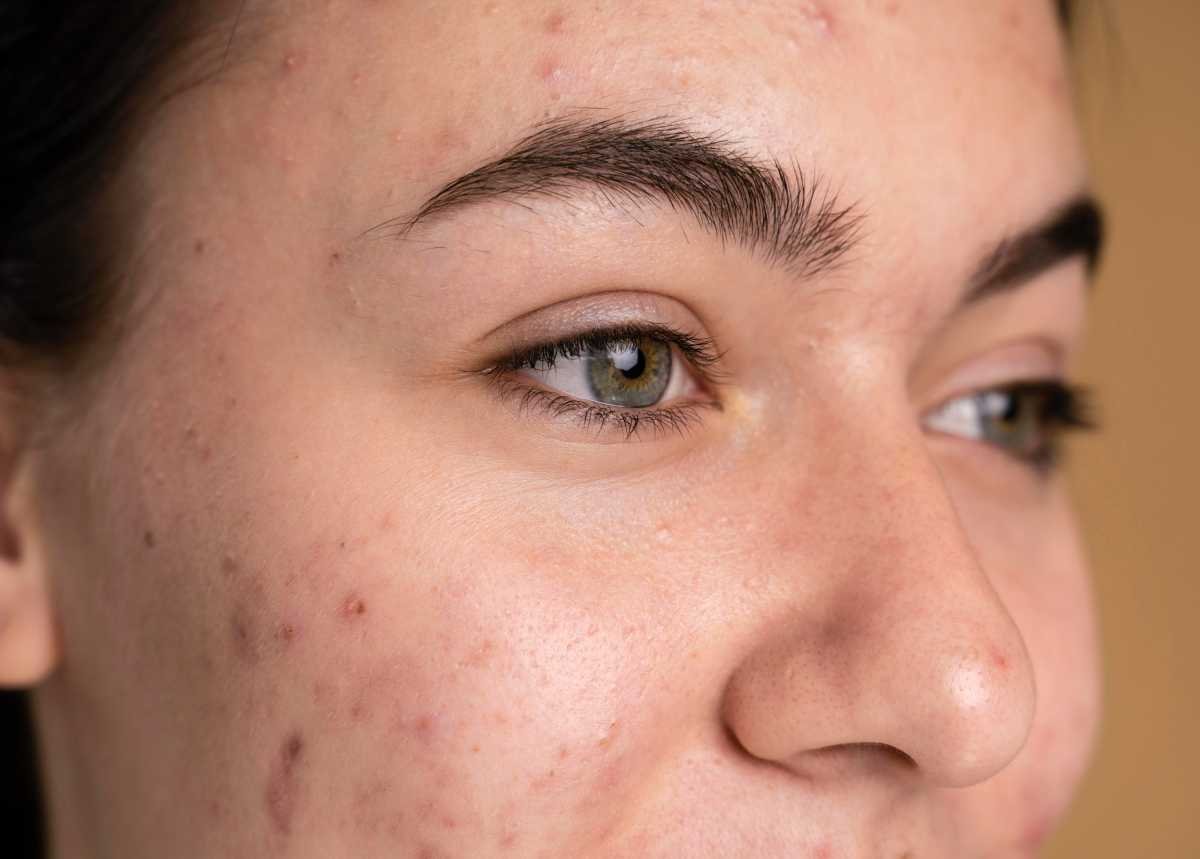Dark scars, also known as hyperpigmentation, can be a source of concern for many individuals. Whether they are the result of acne, injury, or surgical procedures, these scars can affect self-esteem and confidence.
Understanding how to effectively treat and prevent dark scars is crucial for achieving clear and even-toned skin. This comprehensive guide provides detailed information on various methods and practices to help you get rid of dark scars and promote healthy skin.
Understanding Dark Scars

Dark scars are areas of hyperpigmentation that occur when the skin produces excess melanin in response to injury or inflammation. The darker coloration is typically a result of the body’s natural healing process. Here’s a closer look at how dark scars develop:
- Post-Inflammatory Hyperpigmentation (PIH): This is the most common type of dark scar. It occurs when inflammation or injury causes an increase in melanin production, leading to darker spots on the skin.
- Sun Exposure: Scars can darken when exposed to sunlight, as UV rays stimulate melanin production. This is why sun protection is essential in scar treatment.
- Skin Type and Genetics: Some individuals may be more prone to hyperpigmentation based on their skin type and genetic predisposition.
Understanding the causes of dark scars is the first step in finding effective treatment options.
Treatment Methods for Dark Scars
There are numerous methods available for treating dark scars, ranging from home remedies to professional treatments. Here’s a breakdown of the most effective options:
1. Topical Treatments
Topical treatments are often the first line of defense against dark scars. These products can help lighten hyperpigmentation and promote even skin tone.
- Hydroquinone: Hydroquinone is a popular skin-lightening agent that inhibits melanin production. It’s available in various formulations, including creams and serums. Use it under the guidance of a dermatologist to avoid potential side effects.
- Retinoids: Retinoids, such as retinol and tretinoin, help accelerate skin cell turnover and fade dark scars. They also improve skin texture and tone. Retinoids can be potent, so it’s essential to start with a lower concentration and gradually increase usage.
- Vitamin C: Vitamin C is an antioxidant that helps brighten the skin and reduce hyperpigmentation. It also protects the skin from oxidative stress and enhances collagen production. Look for serums with stabilized vitamin C for best results.
- Niacinamide: Niacinamide, or vitamin B3, helps reduce pigmentation and improve skin elasticity. It also has anti-inflammatory properties that can benefit sensitive skin.
2. Chemical Peels
Chemical peels involve applying a solution to the skin that exfoliates the outer layers, promoting the growth of new skin and reducing the appearance of dark scars.
- Glycolic Acid Peels: Glycolic acid, an alpha-hydroxy acid (AHA), helps exfoliate the skin and improve pigmentation. It’s suitable for most skin types and can be used at various concentrations.
- Salicylic Acid Peels: Salicylic acid, a beta-hydroxy acid (BHA), is effective for treating acne scars and reducing hyperpigmentation. It also helps unclog pores and improve skin texture.
- TCA Peels: Trichloroacetic acid (TCA) peels are more intense and can be used for deeper scars. They require downtime but can yield significant improvements in pigmentation.
3. Laser Therapy

Laser therapy targets dark scars by using focused light to break down melanin and promote collagen production. There are several types of laser treatments:
- Fractional Laser: Fractional lasers create microscopic columns of thermal damage to stimulate collagen production and improve pigmentation. This treatment is effective for deeper scars and requires multiple sessions for optimal results.
- Intense Pulsed Light (IPL): IPL uses broad-spectrum light to target pigmented areas and reduce hyperpigmentation. It’s suitable for various skin types and can improve overall skin tone.
- Q-Switched Laser: Q-switched lasers use short pulses of high-intensity light to target pigment and break it down. This treatment is effective for superficial pigmentation and requires minimal downtime.
4. Microdermabrasion
Microdermabrasion is a non-invasive procedure that involves exfoliating the outer layer of the skin using tiny crystals. It helps improve skin texture and reduce the appearance of dark scars.
- Crystal Microdermabrasion: This technique uses fine crystals to gently exfoliate the skin. It’s suitable for treating surface-level hyperpigmentation and improving overall skin tone.
- Diamond Microdermabrasion: Diamond microdermabrasion uses a diamond-tipped wand to exfoliate the skin. It provides a more controlled and precise treatment compared to crystal microdermabrasion.
5. Microneedling
Microneedling involves using a device with fine needles to create micro-injuries in the skin. This stimulates collagen production and improves the appearance of dark scars.
- Collagen Induction Therapy: Microneedling helps improve skin texture and tone by promoting collagen and elastin production. It’s effective for both shallow and deeper scars and can be combined with topical treatments for enhanced results.
6. Sun Protection

Sun exposure can worsen dark scars and hinder the healing process. Protecting your skin from the sun is essential for effective scar treatment:
- Sunscreen: Use a broad-spectrum sunscreen with an SPF of 30 or higher daily. Apply it every two hours when outdoors and after swimming or sweating.
- Protective Clothing: Wear hats, sunglasses, and clothing that covers your skin when spending time in the sun. This helps reduce direct UV exposure and prevents further pigmentation.
Preventing Dark Scars
Preventing dark scars is as important as treating them. Implementing preventive measures can help reduce the risk of hyperpigmentation and promote healthy skin:
1. Proper Wound Care
Taking proper care of wounds and injuries can minimize the risk of developing dark scars:
- Clean the Wound: Gently clean the wound with mild soap and water to prevent infection.
- Apply Moisturizer: Use a gentle, hydrating moisturizer to keep the wound area moist and promote healing.
- Avoid Picking: Refrain from picking or scratching at wounds or blemishes, as this can increase the risk of scarring.
2. Healthy Skincare Routine
Maintaining a consistent and gentle skincare routine can help prevent dark scars:
- Cleansing: Use a gentle cleanser to remove impurities and prevent acne, which can lead to hyperpigmentation.
- Exfoliation: Regularly exfoliate your skin to remove dead cells and promote cell turnover. Choose exfoliants that are suitable for your skin type.
- Moisturizing: Keep your skin hydrated with a suitable moisturizer to support its natural healing process.
3. Healthy Lifestyle
Adopting a healthy lifestyle can positively impact your skin’s appearance and reduce the risk of dark scars:
- Balanced Diet: Consume a balanced diet rich in vitamins, minerals, and antioxidants to support skin health. Foods high in vitamin C, vitamin E, and omega-3 fatty acids are particularly beneficial.
- Hydration: Drink plenty of water to keep your skin hydrated and support its natural healing process.
- Avoid Smoking and Excessive Alcohol: Smoking and excessive alcohol consumption can impair skin healing and contribute to pigmentation issues.
Conclusion
Getting rid of dark scars requires a combination of effective treatments, preventive measures, and consistent skincare practices. Whether you choose topical treatments, professional therapies, or natural remedies, it’s important to approach scar treatment with patience and dedication. By understanding the causes of dark scars and implementing a comprehensive treatment plan, you can achieve clearer, more even-toned skin and enhance your overall confidence.
Remember to consult with a dermatologist or skincare professional to determine the most suitable treatments for your specific needs. With the right approach and commitment, you can successfully reduce the appearance of dark scars and enjoy healthier, radiant skin.

